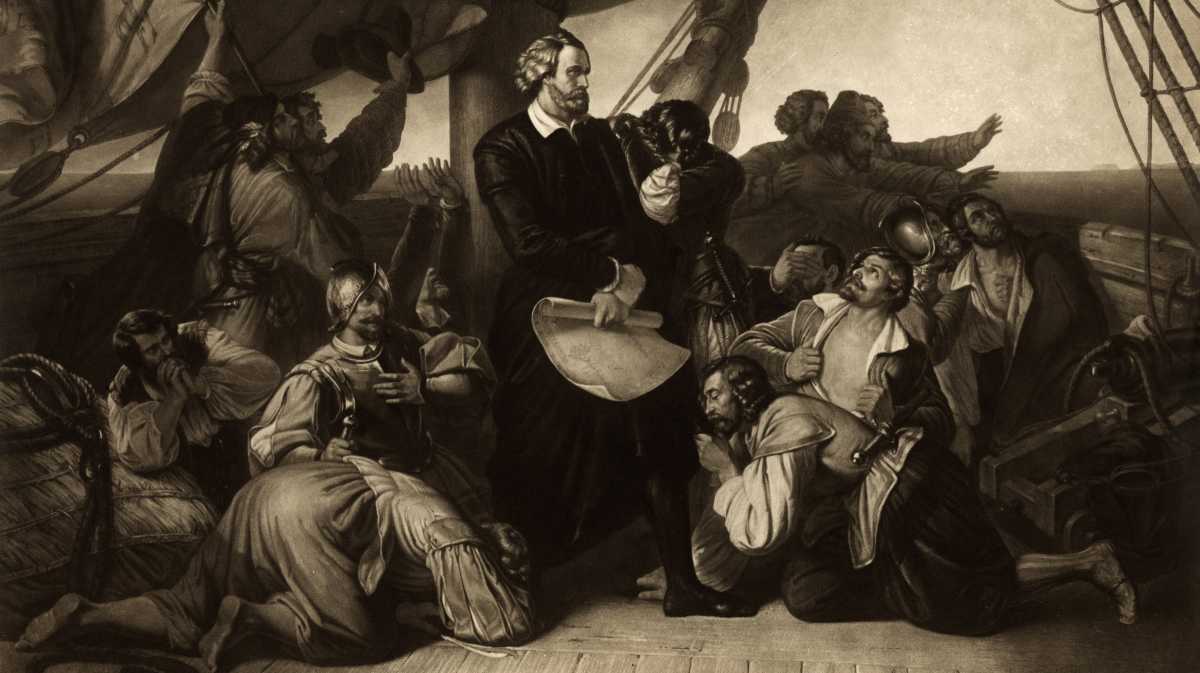World
The History of Columbus Day: Celebrating the Italian Explorer

Columbus Day, a federal holiday in the United States, commemorates the arrival of Christopher Columbus in the Americas on October 12, 1492. While Columbus actually landed on the Bahama island of Guanahani, the second Monday in October is designated by the U.S. federal government to provide workers with an extended weekend.
In 1968, the United States Congress passed legislation, signed by President Lyndon Johnson, to officially establish Columbus Day as a federal holiday. The inaugural Columbus Day celebration took place in 1971.
Prior to its designation as an annual federal holiday, Columbus Day was celebrated sporadically by Italian-American communities. These celebrations, often featuring parades and festivals, paid tribute to Christopher Columbus, who was born in the Republic of Genoa (now part of Italy). The first documented celebration occurred in 1792 in New York, marking the 300th anniversary of Columbus’ landing.
The first individual Columbus Day recognized federally was the result of a tragic event. In 1891, in New Orleans, police chief David Hennessy was murdered under suspicious circumstances, and 11 Italian Americans were arrested in connection with the crime. Although most of the accused were eventually released due to lack of evidence, rumors linking them to the Italian Mafia persisted. This incident sparked a surge in anti-Italian sentiment, which eventually escalated to the largest mass lynching in American history, with a lynch mob killing the 11 Italians.
Fearing the repercussions of strained relations with Italy and the Italian-American community, President Benjamin Harrison took steps to make amends. He provided reparations to the families of the murdered men and, in 1892, declared October 12 as Columbus Day as a partial apology and an attempt to ease tensions. The gesture was successful, and Italy gifted the U.S. with a statue of Christopher Columbus, which was unveiled to great celebration by Italian Americans.
Over the years, Columbus Day celebrations continued primarily within Italian-American communities, particularly in New York City and San Francisco. In 1966, journalist and politician Mariano Lucca launched the National Columbus Day Committee and advocated for a federal holiday honoring Christopher Columbus. Thanks to Lucca’s efforts, Columbus Day became an official annual federal holiday in 1971.
However, Columbus Day has not been without controversy. While many western countries view Columbus’ discovery as a positive event, Native Americans have a different perspective. Christopher Columbus is associated with atrocities committed against native groups in the Americas, highlighting the complex and often contentious relationship between Native Americans and those who arrived from other lands.
Who Funded Christopher Columbus’ Voyages?
The voyages of Christopher Columbus were primarily funded by Queen Isabella of Spain. She provided financial backing for Columbus’ expeditions, which aimed to find a western passage to Asia. Queen Isabella recognized the potential for economic gain through trade with Asia and believed in Columbus’ proposed route.












